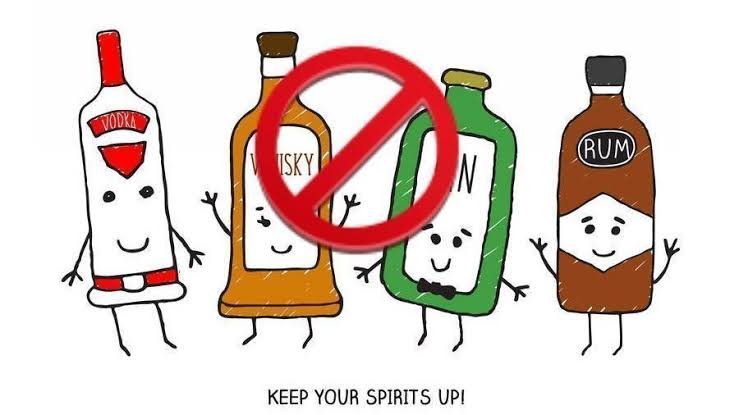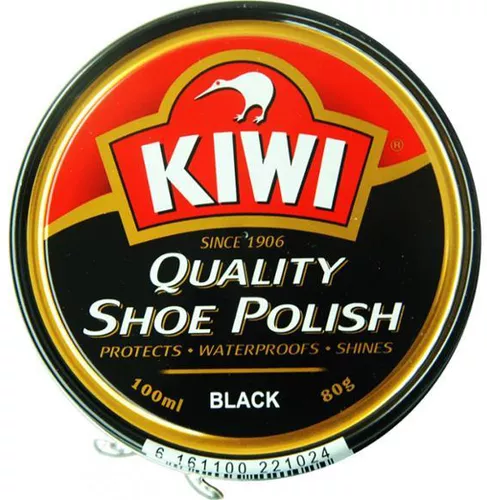By Zion Rufus
The World Health Organisation (WHO) has challenged the use of “sophisticated” online marketing techniques, event sponsorship, and targeted advertising on social media for alcohol marketing and advertising.
Identifying it as a glaring gap in the regulation of alcohol marketing across borders, the global body noted that digital revolution in marketing and promotion has created new and growing opportunities for alcohol marketers to target messages to specific groups across national borders, adding that young people and heavy drinkers are increasingly targeted by alcohol advertising, often to the detriment of their health.
WHO said: “One of the biggest changes in recent years to alcohol marketing is the use of sophisticated online marketing. The collection and analysis of data on users’ habits and preferences by global Internet providers has created new and growing opportunities for alcohol marketers to target messages to specific groups across national borders. Targeted advertising on social media is especially effective at using such data, with its impact strengthened by social influencers and sharing of posts between social media users.”
“Heavy and dependent drinkers are another target for marketing efforts, since in many countries just 20% of current drinkers drink well over half of all alcohol consumed. Alcohol-dependent people frequently report a stronger urge to drink alcohol when confronted with alcohol-related cues, yet they rarely have an effective way to avoid exposure to the content of the advertising or promotion.”
Meanwhile, in 2021, some of the world’s leading brewers across beer, wine, and spirits categories announced a world-first coalition between 12 companies that form the International Alliance for Responsible Drinking (IARD), 12 prominent global, regional online retailers, and e-commerce and delivery platforms operating across six continents to establish a robust global standard for the online sale and delivery of alcohol beverages, and a resource to support the development of national in-country codes and practices for the online sale and delivery of alcohol that build on local and national regulation.
The brewers include: AB InBev, Diageo, Heineken, Molson Coors, Kirin, Carlsberg Group, Brown Forman, Asahi, Bacardi Limited, William Grant & Sons, Beam Suntory, and Pernod Richard. The online-retailers are: Jumia, Drizzly, Endeavour Group, Glovo, Grab, Hip Bar, JD.com, Mercado Libre, Minibar Delivery, Reserve Bar, Uber Eats, and Retail Of Alcohol Standards Group.
However, according to the WHO, sponsorship of major sporting events at global, regional and national levels is another key strategy used by transnational alcohol companies, which are gaining increasing dominance in the production and branding of alcohol beverages.
“Such sponsorship can significantly increase awareness of their brands to new audiences. In addition, alcohol producers engage in partnership with sports leagues and clubs to reach viewers and potential consumers in different parts of the world,” WHO stated.
“The increasing market of e-sports, including competitive gaming events, is another opportunity to sponsor events and increase brand recognition and international sales. So is product placement in movies and serials, many of which are streamed on international subscription channels.”
In a WHO 2018 study, it was found that, while most countries have some form of regulation for alcohol marketing in traditional media, almost half have no regulation in place for Internet (48%) and social media (47%) marketing of alcohol.
Re-emphasizing the need to integrate comprehensive restrictions or bans of alcohol marketing, including its cross-border aspects, in public health strategies, the body has stressed the need for strong collaboration between states in this area.
While many countries have some form of restrictions on alcohol marketing in place, generally they tend to be relatively weak; national governments need to integrate comprehensive restrictions or bans of alcohol marketing, including its cross-border aspects, in public health strategies.







Comment
No comments found.